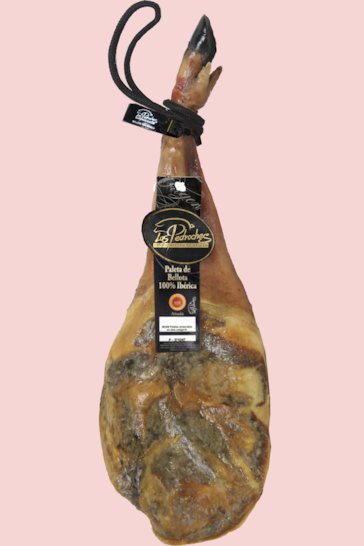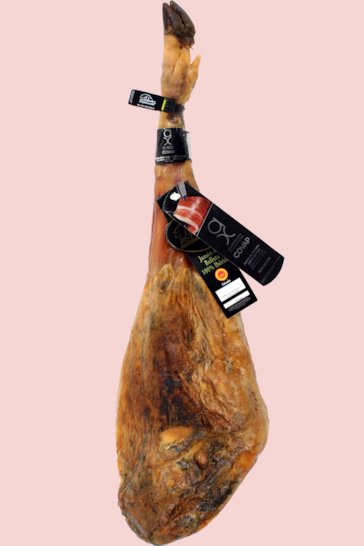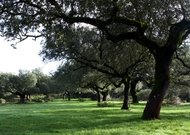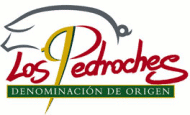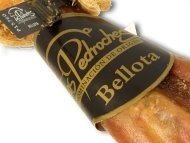Thirty-two towns in Los Pedroches Valley are covered by this new Jamon Pata Negra Designation of Origin. The valley takes its name from the town of Pedroche, the oldest in the area.
The offices of the Los Pedroches PDO Regulatory Board are in Villanueva de Córdoba. Its bylaws were approved in early 2006 and it now counts 150 breeders and 17 processing plants.
Pigs for jamones covered by this PDO are reared and fattened in woodlands populated by holm oaks, cork oaks and gall oaks in the municipalities of Alcaracejos, Añora, Belalcázar, Bélmez, Los Blázquez, Cardeña, Conquista, Dos Torres, Espiel, Fuente La Lancha, Fuente Obejuna, La Granjuela, El Guijo, Hinojosa del Duque, Pedroche, Peñarroya-Pueblonuevo, Pozoblanco, Santa Eufemia, Torrecampo, Valsequillo, Villanueva de Córdoba, Villanueva del Duque, Villanueva del Rey, Villaralto and El Viso, and at altitudes above 300 metres in the municipalities of Adamuz, Hornachuelos, Montoro, Obejo, Posadas, Villaharta and Villaviciosa.
Breeds admitted by this PDO are the Iberian purebred or crosses of Iberian with Duroc-Jersey, as long as they come from purebred Iberian mothers and are at least 75% Iberian stock. However, the Regulatory Board promotes the development of farms for breeding and rearing purebred Iberian pigs.
There are three grades of iberico jamones according to the pigs' diet before slaughter:
Jamones and paletas (shoulder hams) covered by the PDO are processed in the following stages: salting (3-10 days), rinsing, settling or salt balancing (1-3 months), drying (6 months) and ageing in the cellar (minimum 12-18 months).
The natural drying process takes place in drying rooms on the upper floors of the production buildings, and the cuts are aged in cellars on the ground floors. Artificial changes in temperature and humidity are not allowed.
The minimum processing time for cuts as stipulated by the Regulatory Board depends on weight and grade. It must be over 18 months for jamones and over 12 months for paletas (shoulder hams).
The first year's production of Los Pedroches Designation of Origin totalled 17,532 jamones and paletas, which went on sale in late 2006.
The expected production for 2016 is 60,000 cuts (jamon and paletilla), close to 300% more than 10 years before. Four out of five come from purebred Iberian pigs, and one out of five from cross-breeds.
The 2011/2012 campaign was the biggest in terms of production, with nearly 90,000 individual jamones made:
A fall in demand due to the economic crisis meant that only half the number of pigs were slaughtered the following year, but demand has been rising gradually ever since:
The Feria del Jamón has been held in Villanueva de Córdoba every October since 2005. Some of the most notable activities to take place at the fair are the National Jamon Cutters Contest, various talks on technical aspects, and the sampling of products at very reasonable prices.
